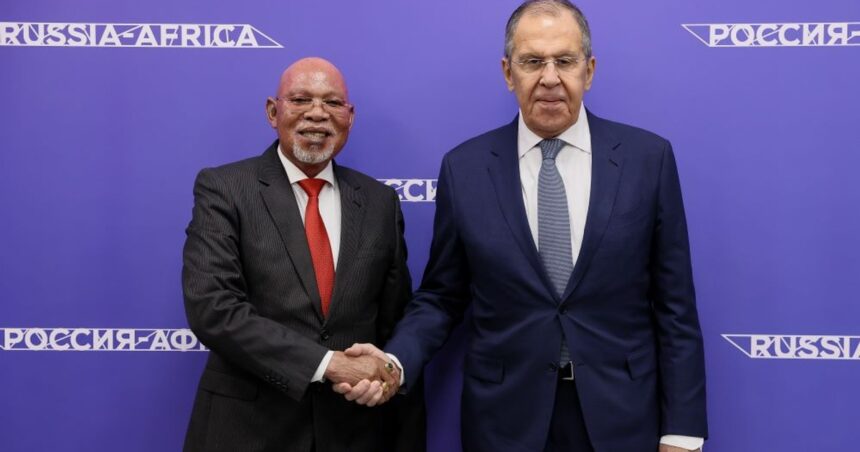Uganda has recently announced its intention to join the growing list of African countries exploring nuclear energy partnerships with Russia.
The East African country is looking to negotiate a deal with Russia for the construction of a nuclear power plant. This move reflects Uganda’s recognition of nuclear energy’s potential to meet its increasing energy demands, particularly as the country seeks to industrialize.
The Ugandan Foreign Minister, Abubaker Jeje Odongo, disclosed the plans in an interview with the Russian news agency Sputnik, emphasizing that the deal would involve building a nuclear plant in Uganda.
Uganda’s interest in nuclear energy is part of a broader trend across Africa, where several countries are exploring similar partnerships with Russia’s state-owned energy company, Rosatom.
- Advertisement -
In recent months, Russia has expanded its nuclear influence in Africa with deals signed in countries like the Republic of Congo, Guinea, and Algeria. For instance, in July 2024, Rosatom signed a nuclear agreement with the Congo to develop nuclear power infrastructure. Similarly, in June 2024, Russia and Guinea agreed on a memorandum of understanding to develop floating nuclear power stations, showcasing the diversity of projects on the continent.
This move of Ugandan government comes at a time when energy demand is rapidly growing across Africa, driven by industrialization and increasing urbanization.
Uganda’s Minister of Energy, Okaasai Sidronius Opolot, revealed earlier in October that the government is already planning for the location of a nuclear power plant and exploring domestic uranium deposits. This is part of Uganda’s broader strategy to diversify its energy sources and meet its future energy needs.
By partnering with Russia, Uganda aims to access advanced nuclear technology and secure a reliable energy source. This aligns with the broader trend of African countries seeking alternative energy partnerships with Russia, as they look to reduce dependence on Western markets for their energy needs.










